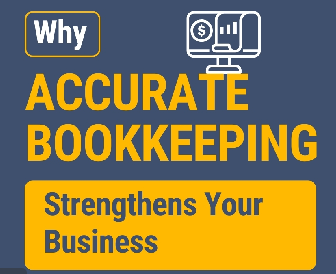
Ready to take the next step and start your own business? Starting a business requires a lot of thinking and planning. One of the first things you need to decide on is the structure of the business. Your business can be a sole proprietorship, partnership, corporation, or legally registered Limited Liability Company (LLC).
If you’re planning to form an LLC for your business, here are some tips to help you.
Choose a Name for Your Company
Choosing a name for your business is the first step to forming an LLC. You can choose any name that’s not registered and complies with the laws of your state. The name has to have LLC at the end of it. If you can’t think of a unique name, register it as Doing Business As (DBA). This allows you to use the name of the brand you’re working with, and the LLC remains the same.
Choose a Registered Agent
By law, any person forming an LLC must have a legally registered agent who can accept documents on behalf of the LLC in case it gets sued in the future. This agent could be an individual or a company with their address mentioned on LLC documents.

Filing Article of Organization
Next up, you need to file an article of organization with the relevant authority, the Secretary of State. This document is also referred to as the certificate of organization or certificate of formation.
The document requires the name of the LLC, its address, information on a registered agent, the owner’s name, and other details. The filing fee is relatively very low.
Operating Agreement for the LLC
The operating agreement isn’t a mandatory requirement for most states when forming an LLC. However, it’s best to have it made beforehand.
The operating agreement sets the course for how your business will operate and the relationship between LLC members and their stake. It also offers full protection for the LLC business structure.
EIN Requirement
If an LLC has more than one member, you must get an IRS EIN (Employee Identification Number). If you run an LLC alone, you don’t need an EIN until you hire one or more employees.
It’s best to consult professionals in these tax compliance matters just to be safe.
Nidhi Jain is a certified public accountant that runs her tax and accounting firm. Our firm can help you form an LLC and cover all the legal requirements. We also offer tax planning in Bay Area and filing services for businesses to ensure all taxes are filed before the deadline and there are no legal consequences for our clients.
Contact us now for further information about personal and business tax filing in Bay Area.



